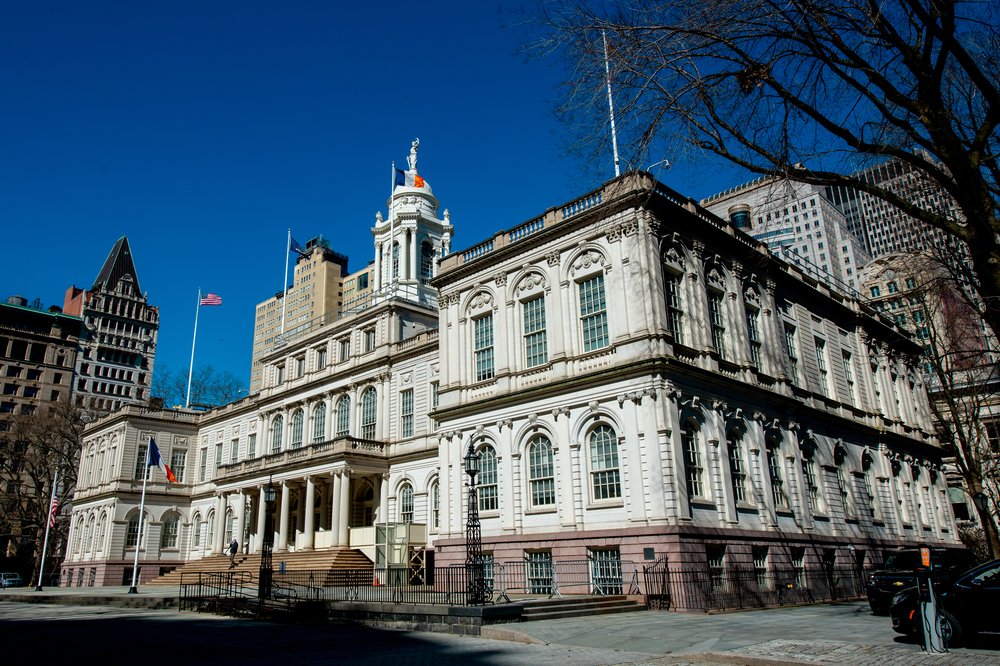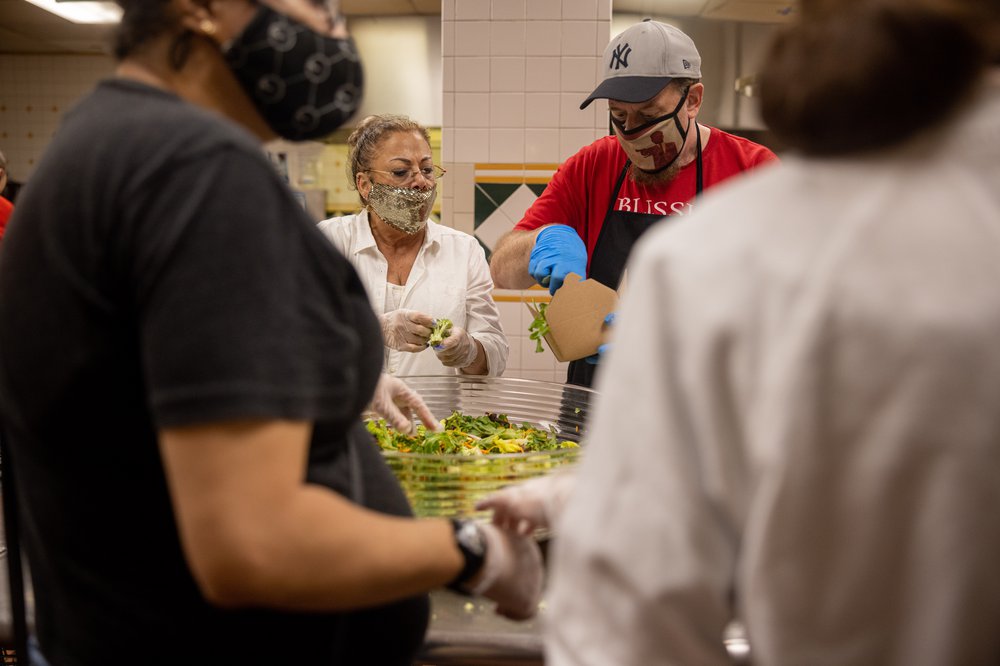Deadlines for new community-based mental health services pass the NYC Council
July 14, 2023, 5:01 a.m.
The New York City Council is codifying new deadlines for Mayor Eric Adams to open mental health services that have been slow to materialize.

The New York City Council is giving Mayor Eric Adams new deadlines for opening community-based mental health services that have been slow to materialize.
On Thursday, the Council passed a package of mental health legislation that includes a measure directing city agencies to create at least four new crisis respite centers across the five boroughs, two of which would have to be ready to open their doors within two years. The bundle of bills also included a requirement for a map of the city’s mental health services and a requirement for first responders to report on how frequently they take people to the hospital against their will.
Crisis respite centers offer short-term stays in small residences, where people in the midst of a mental health crisis can talk through their issues with others who understand what they’re going through and get connected to needed services. Such home-like centers were first piloted in New York City a decade ago and have been shown to help reduce the need for costly hospital care.
Yet, only four crisis respite centers are currently operating in partnership with the city, and the nonprofits running them say they have limited capacity.
“What we are seeing every day is people cycling in and out of the emergency room, in and out of emergency psychiatric care,” Councilmember Erik Bottcher, who represents parts of Manhattan and is a member of the Committee on Mental Health, Disabilities and Addiction, told Gothamist ahead of Thursday’s vote. “The city has not moved nearly fast enough on setting up these respite centers.”
The Council also passed a bill that would give the city government until the end of 2025 to open at least five more clubhouses where people with serious mental illnesses can go to socialize and gain skills and job opportunities. A 2016 analysis found members of Fountain House, the Manhattan center that created this now-international model back in the 1940s, spend less on emergency medical costs.
The mayor and Health Commissioner Dr. Ashwin Vasan, who previously served as president and CEO of Fountain House, released a mental health agenda in March stating that the administration planned to “significantly increase clubhouse capacity in high-need areas.”
But the plan did not specify how many new clubhouses would open beyond the 16 that are currently operating — nor did it outline the timeline for expansion. The bill that passed the Council on Thursday would require the city to provide progress reports every six months on its efforts to establish the five new facilities.
Why crisis respite centers are in demand
The mayor’s agenda did not mention expanding crisis respite centers in its discussion of ways to improve the city’s response to mental health crises.
But demand for these services is on the rise, according to Donna Demetri-Friedman, executive director at Mosaic Mental Health, which runs a 10-bed crisis respite center in the Bronx. She attributed that, in part, to evidence of their outcomes. A 2018 study of about 400 respite center clients in New York City found lower Medicaid spending and fewer hospitalizations than expected in the year following a stay in one of the facilities.
“All of the respites right now have several-week wait lists,” Demetri-Friedman said. “We're trying to coordinate with all of our referrals.”
At Community Access’ eight-bed respite center in Manhattan, the wait list is typically about three weeks, said Community Access CEO Cal Hedigan. “That makes it less available as an option for someone in crisis ‘cause their crisis may not wait the three weeks.”
Each center has just a few beds, and those who visit can stay for up to 28 days — which Hedigan said is “great because you're trying to create a warm, home-like environment.” But this extra attention to care exacerbates capacity issues.
Patrick Gallahue, a spokesperson for the city health department, denied that any of the respite centers have a wait list.

Both clubhouses and crisis respite centers are largely peer-run, meaning those with their own mental health issues help operate them. Working with peers who have made it through their own mental health challenges gives those staying at crisis respite centers “a view into recovery,” Demetri-Friedman said. Some who visit while they’re in crisis eventually train to work at the centers themselves.
“I don’t think in the past we really have valued peer-led models of care,” said Councilmember Linda Lee, chair of the Committee on Mental Health, Disabilities and Addiction, ahead of the City Council vote on the package of mental health bills on Thursday.
Lee was the primary sponsor of two additional mental health bills that passed. One would require the city to make it easier to find and access all the mental health services that are available by creating an interactive map with up-to-date contact and payment information.
Another would mandate annual reports from the NYPD, the health department and the fire department on how frequently people are taken to the hospital against their will for psychiatric care. That bill references a policy Adams put forth late last year that sought to expand the criteria for involuntarily transporting someone to the hospital.
Although it sparked widespread concern, early data suggests it did not immediately result in a significant increase in involuntary removals. Politico reported this week that an NYC hotline — created to advise police on involuntary hospitalizations — has gotten zero calls.
The four bills now head to Adams’ desk for his approval.
Inside NYC’s Original Social Club For Mental Health Rivington House, once destined to be luxury condos, opens as LES behavioral health center